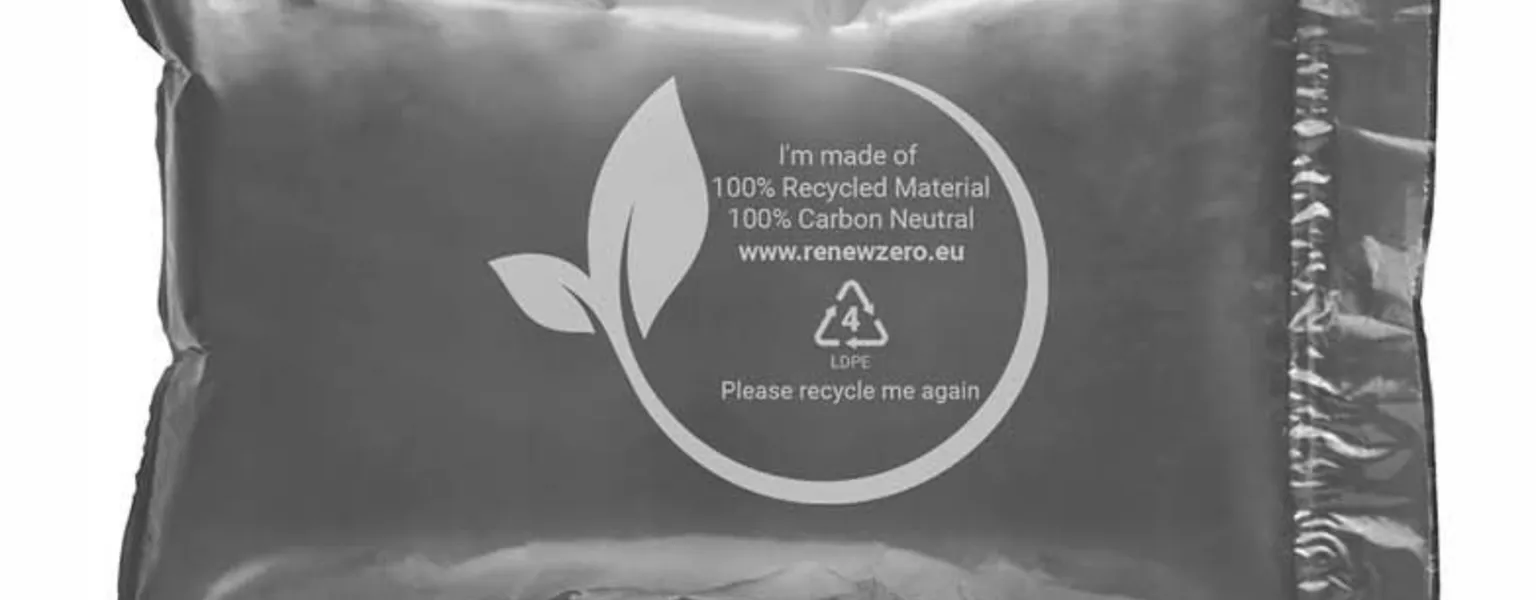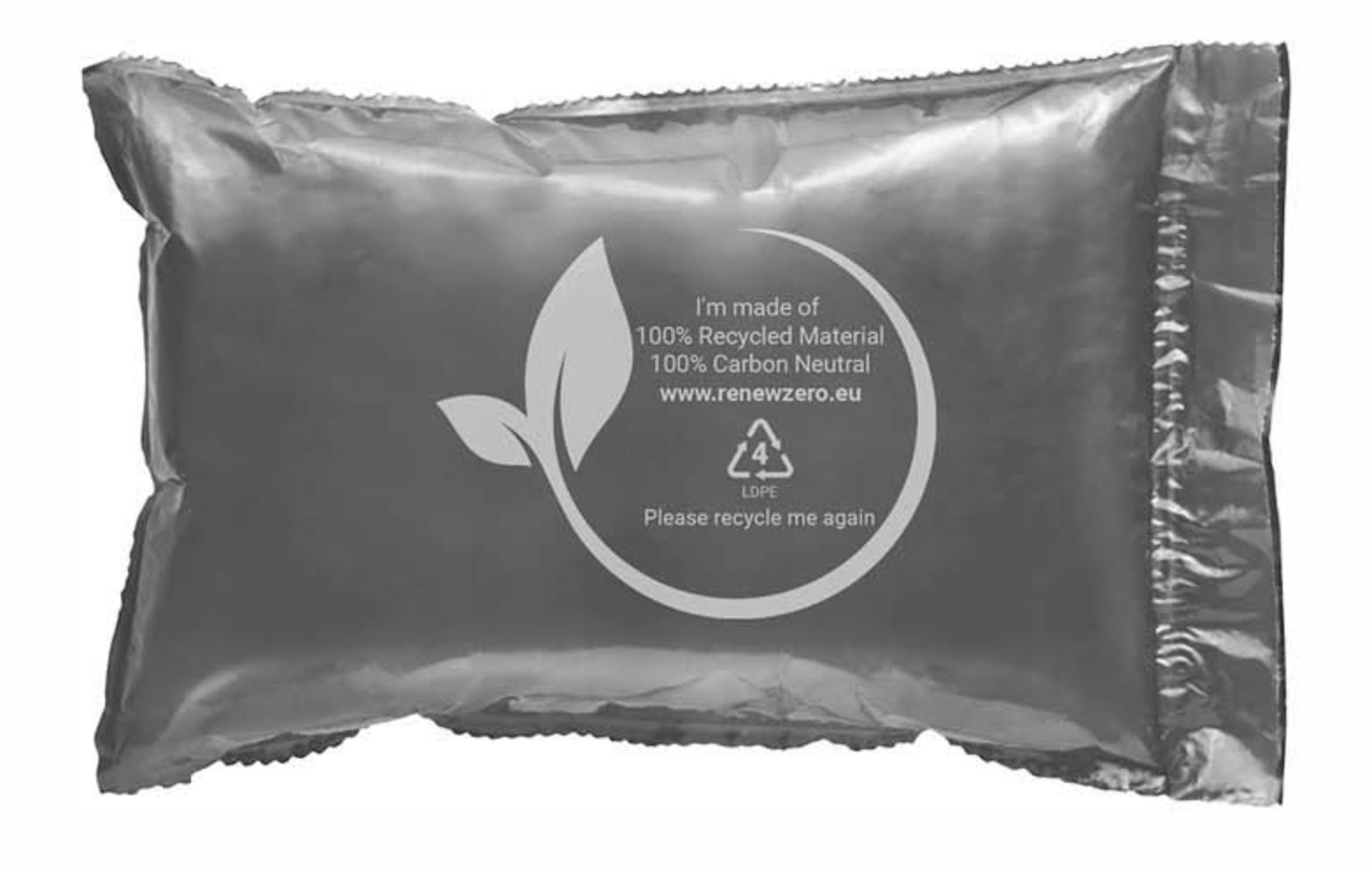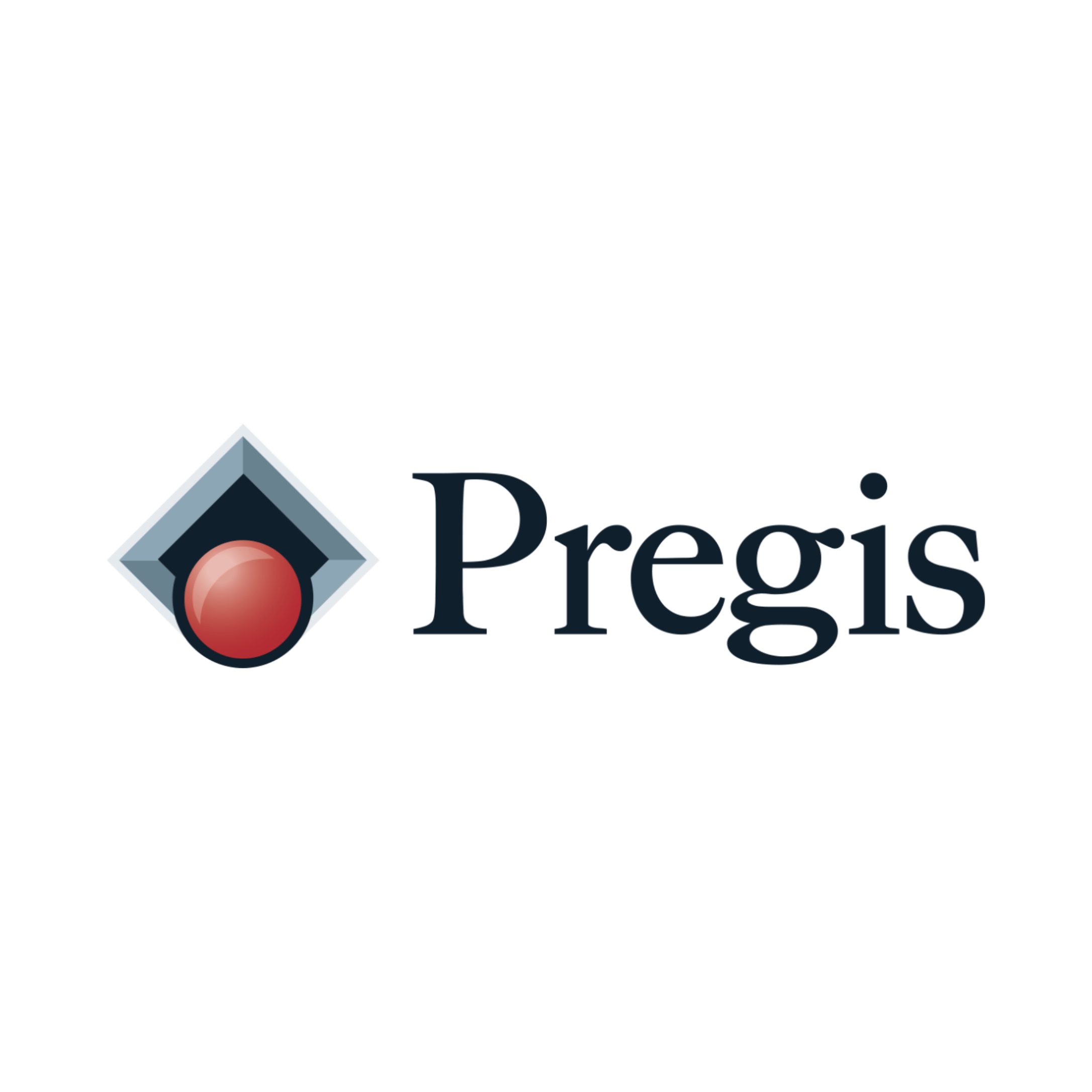Pregis: paper vs. plastic - unveiling the sustainable packaging solution

Supplier News
In the ongoing debate surrounding protective packaging, the choice between paper and plastic has remained a topic of contention. Pregis explores key factors such as weight, CO2 emissions, circularity, and risk of leakage into the environment to determine the most sustainable option. By comparing 100% FSC® recycled paper pads with Pregis Renew Zero air pillow cushioning, it sheds light on their environmental impact.
Weight
The environmental impact is directly proportional to the material used in packaging. In this case, air-filled plastic cushions, consisting of 99% air, weigh significantly less than paper pads. This reduction in material usage and transportation weight yields a positive effect on the environment.
CO2 Emission
The comparison between 1 kg of 100% recycled paper and 1 kg of Renew Zero fossil-free plastic reveals Pregis Renew Zero as the superior choice. Through the utilisation of 50% recycled plant waste, such as leaves and husks, the air cushions achieve carbon neutrality. The negative CO2 emission from the bio source offsets the already low CO2 emission from the post-consumer recycled content, resulting in a product with zero CO2 emissions upon leaving the factory.
Recycling
Both paper and plastic are fully curbside recyclable. However, the recycling rates differ significantly. Recent European figures indicate that 80% of collected paper is recycled, while plastic lags behind at only 30%. Challenges associated with plastic sorting and different types hinder efficient recycling, while initiatives such as chemical recycling aim to increase plastic recycling rates.
Risk of Leakage into the Environment
Proper disposal of packaging materials is crucial to prevent environmental harm. Paper, being compostable, naturally deteriorates without causing harm if accidentally left in nature. Conversely, plastic does not degrade, increasing the risk of environmental contamination.
The Decisive Factor
The primary purpose of protective packaging is to ensure the safe delivery of ordered items. When products arrive damaged, the need for reproduction and reshipment significantly impacts materials and CO2 emissions. In the context of void-filling and block & brace applications for lightweight products (up to 5 kg), AirSpeed Renew Zero emerges as the most sustainable solution.

Conclusion
The choice between paper and plastic packaging depends on various factors, including the nature of the product, shipping cycle, and individual goals. Pregis provides guidance to help customers make informed decisions based on their specific needs. By comparing FSC® recycled paper pads to Renew Zero air cushions, Pregis Renew Zero clearly stands out as the optimal choice for sustainable packaging. Embrace sustainability and contribute to a greener future in the packaging industry.





